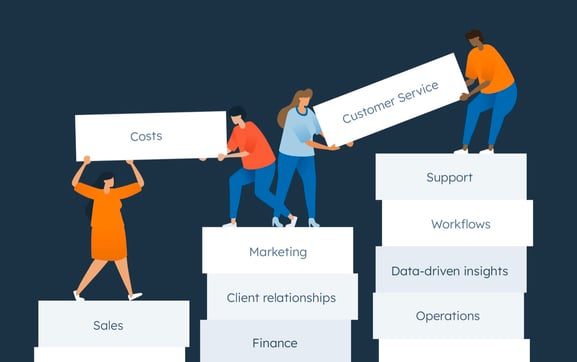The crew managed to come across these new metals by a mix of AI and lab experiments. Initial, they had to defeat a considerable challenge: a deficiency of existing details they could use to educate the equipment-discovering versions. They trained the types on the information they had—several hundred info details describing the homes of current steel alloys. The AI process applied that knowledge to make predictions for new metals that would exhibit minimal invar.
The scientists then designed all those metals in a lab, calculated the benefits, and fed those success back into the device-mastering product. The procedure continued that way—the design suggesting metal combos, the researchers tests them and feeding the data again in—until the 17 promising new metals emerged.
The conclusions could help pave the way for larger use of machine learning in resources science, a field that continue to depends seriously on laboratory experimentation. Also, the procedure of employing equipment studying to make predictions that are then checked in the lab could be tailored for discovery in other fields, these kinds of as chemistry and physics, say industry experts in materials science.
To comprehend why it is a considerable progress, it is worthy of on the lookout at the conventional way new compounds are usually designed, says Michael Titus, an assistant professor of elements engineering at Purdue College, who was not involved in the study. The method of tinkering in the lab is painstaking and inefficient.
“It’s genuinely like obtaining a needle in a haystack to discover resources that show a exclusive property,” Titus claims. He usually tells his new graduate pupils that there are effortlessly a million feasible new components waiting around to be uncovered. Device mastering could assistance researchers decide which paths to go after.





More Stories
WordPress Maintenance: Tips for WordPress Website Maintenance
What Makes a Good Website?
Websites For CPAs & Accountants To Effectively Market Accounting Services